Iran’s choices
The tragic death of President Ebrahim Raisi in a helicopter crash has thrust Iran into a period of intense political upheaval and uncertainty.
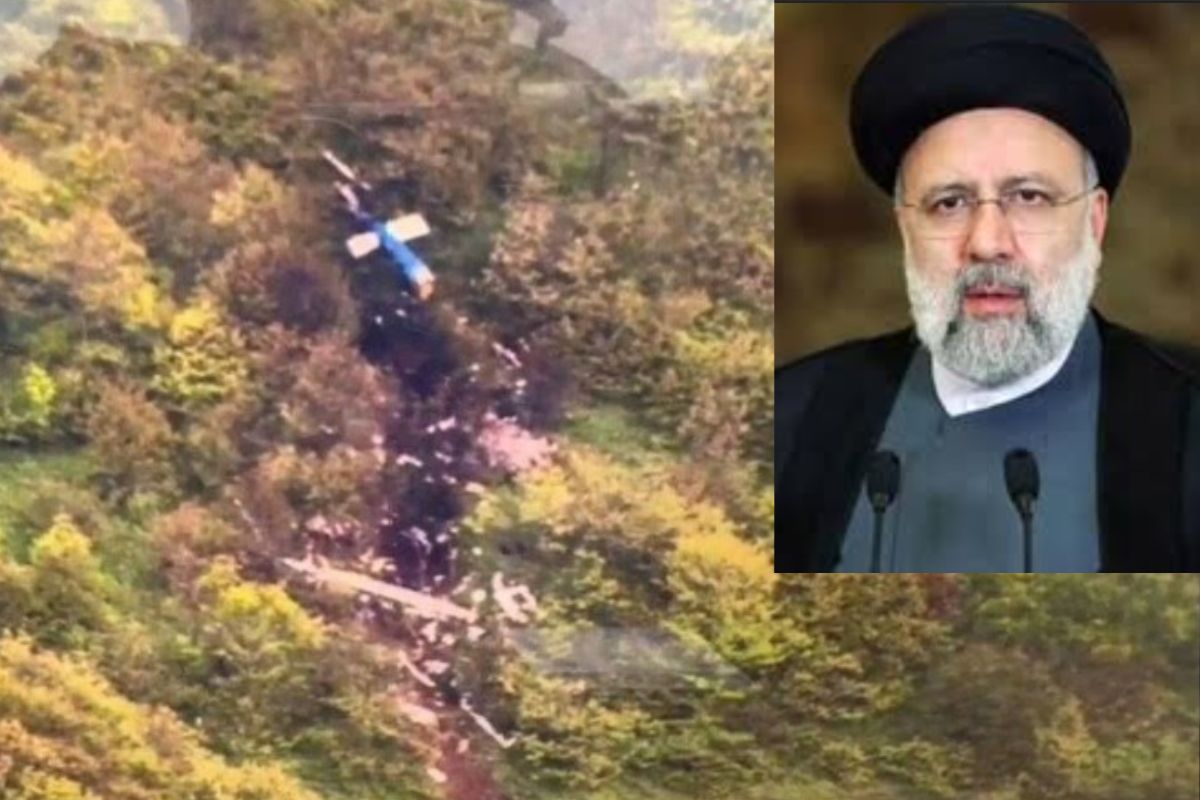
The tragic death of President Ebrahim Raisi in a helicopter crash has thrust Iran into a period of intense political upheaval and uncertainty.
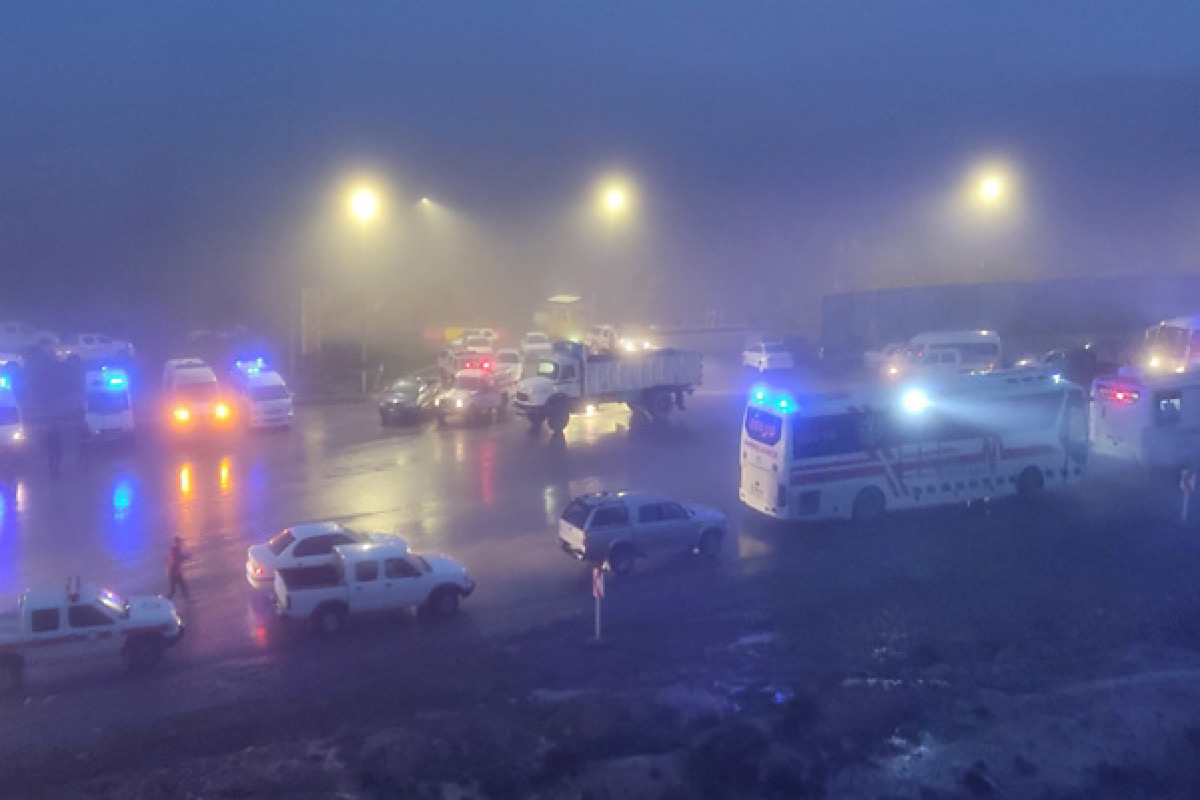
According to the report, the helicopter had remained on its predetermined course all along the way and had not deviated from the flight route.
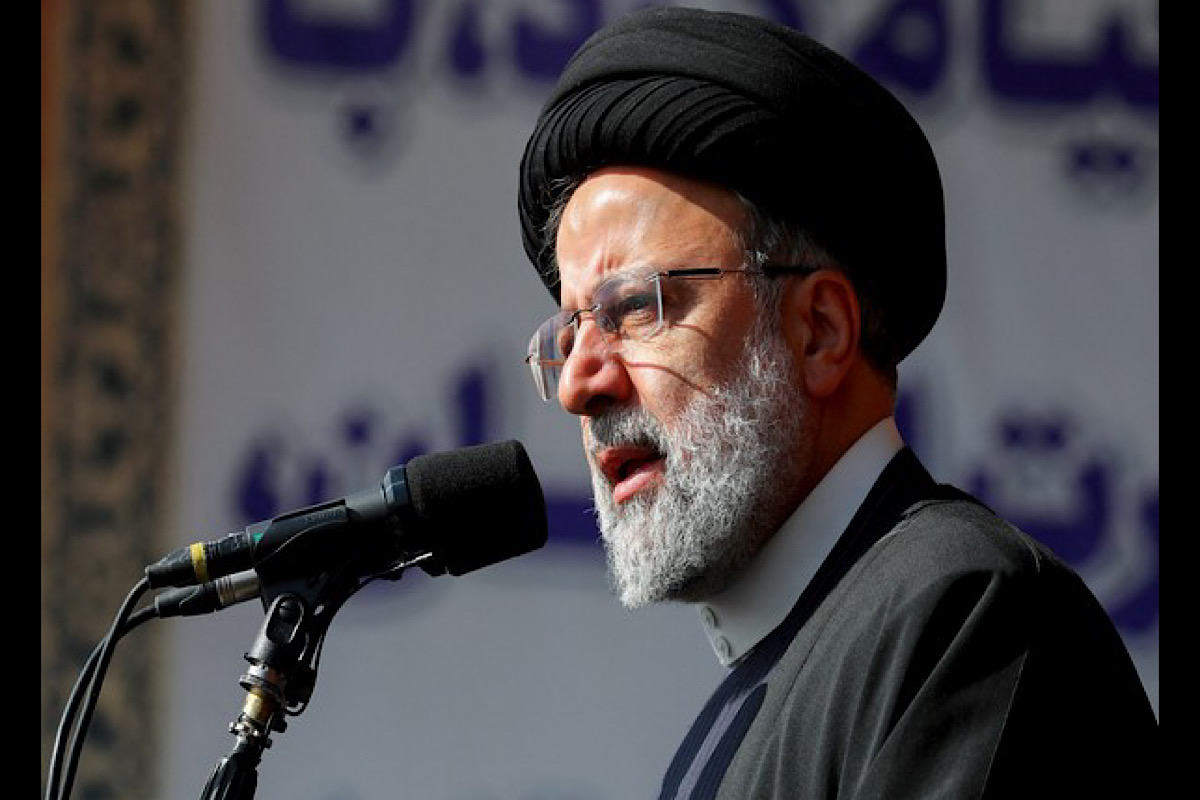
The untimely death of President Ebrahim Raisi in a helicopter crash near the Azerbaijan border marks a significant turning point for Iran, a nation at the crux of some of the most crucial geopolitical tensions in the world.
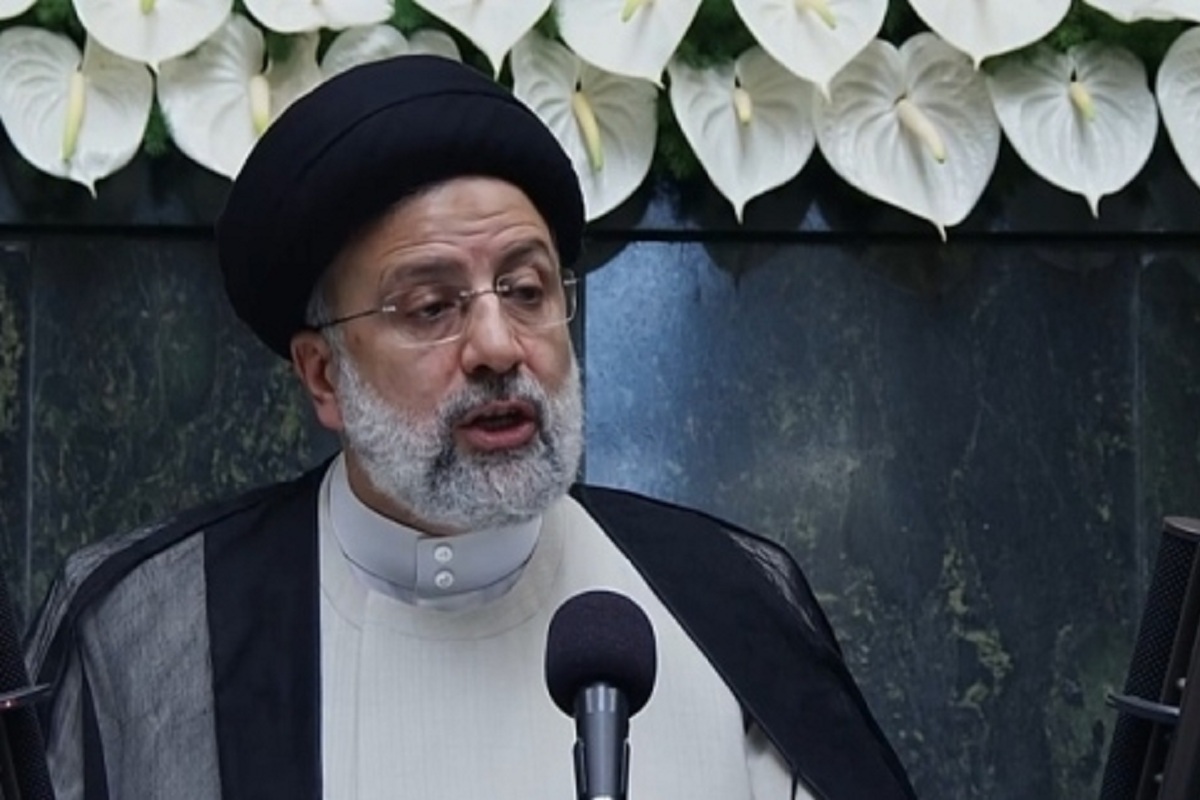
Iranian President Ebrahim Raisi, who has been reported dead after the helicopter he was in crashed on 19 May 2024, is a consummate loyalist whose passing will be a severe blow to the country’s conservative leadership. While search and rescue teams – hampered by rain, fog, forests and mountains – searched for wreckage, Iran’s Supreme Leader Ayatollah Ali Khamenei said the nation “should pray” for Raisi.
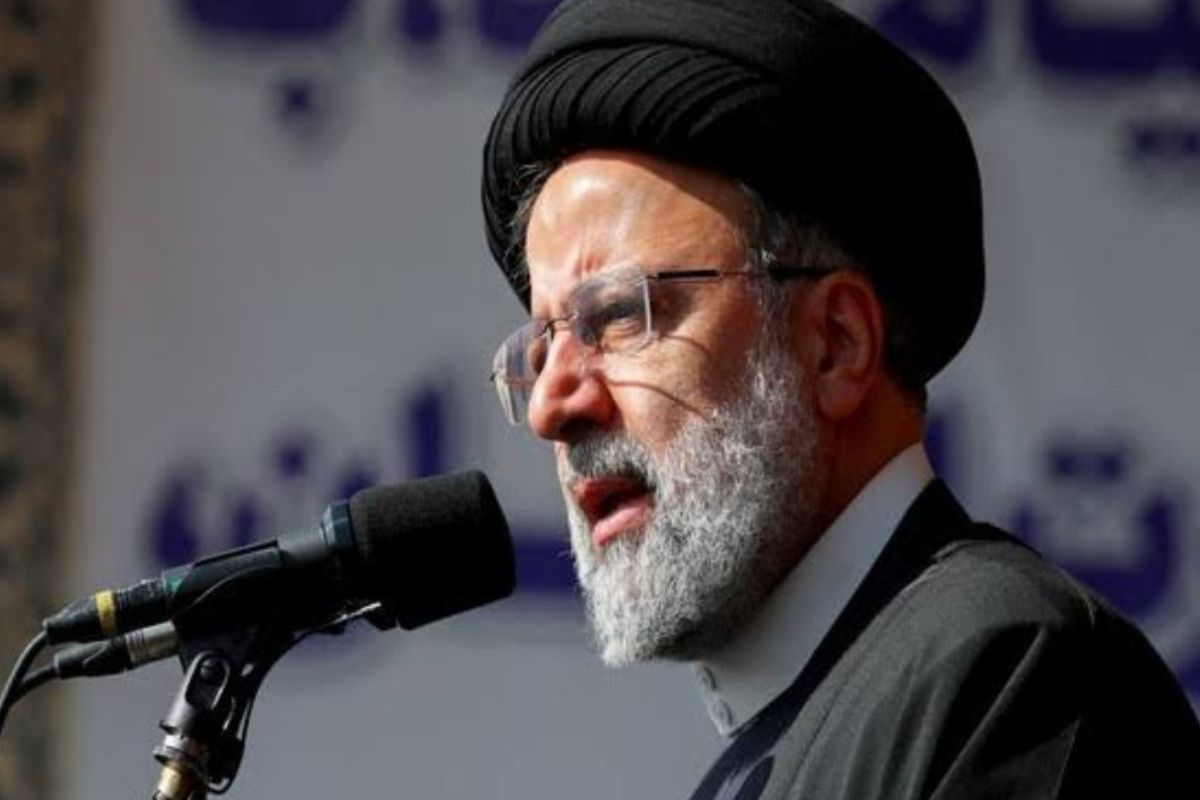
According to the Iranian state media, rescuers are yet to reach the accident site due to bad weather.
An extraordinary Islamic-Arab summit was held in Riyadh to discuss the Israel-Hamas war on 11 November. It was attended by mainly heads of state of the Arab League and OIC (Organization of Islamic Cooperation).
A group of the Indian community, the India Club in Tashkent on Thursday sent a gift to Prime Minister Narendra Modi.
"Nuclear industry and nuclear capability are the right of the Islamic Republic and the people of Iran, and we have repeatedly said that nuclear weapons have no place in the doctrine of the Islamic Republic," Raisi told a press conference on Monday.
In the second step, Raisi said, Iran seeks to remove the US sanctions through negotiations, in which full respect for the country has been guaranteed.
He also expressed Tashkent's resolve to further deepen relations with Tehran in trade, economy, investment, transportation, transit and culture.